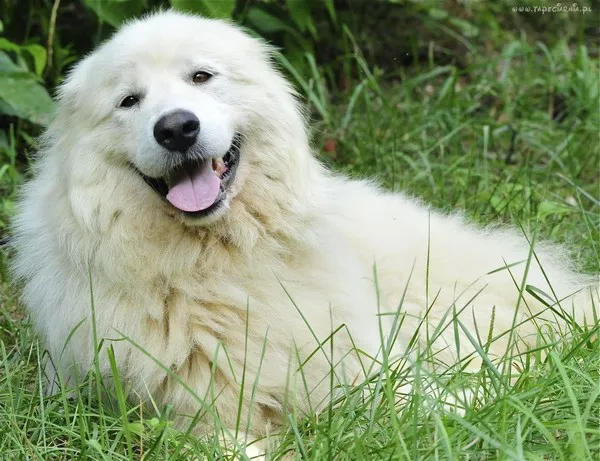Akbash dogs, with their striking appearance and unique history, often capture the curiosity of dog enthusiasts and potential owners alike. One of the crucial questions that arise is about their lifespan. How long do Akbash dogs live? In this comprehensive guide, we’ll delve into the factors that influence the longevity of Akbash dogs, providing insights into their lifespan and how to promote their overall well-being.
1. Genetics and Breed Characteristics:
The lifespan of any dog breed is influenced by its genetics and inherent characteristics. Akbash dogs are generally considered a large breed, and larger breeds tend to have shorter lifespans compared to smaller breeds. On average, Akbash dogs live between 10 to 12 years. However, it’s important to remember that individual variations can exist, and some dogs might live slightly longer or shorter lives.
2. Responsible Breeding Practices:
Responsible breeding practices play a significant role in determining the health and longevity of Akbash dogs. Reputable breeders focus on eliminating genetic health issues through careful selection of breeding pairs. When acquiring an Akbash puppy, it’s advisable to choose a breeder who conducts health screenings, follows ethical breeding standards, and prioritizes the overall well-being of the breed.
3. Nutrition and Health Care:
Proper nutrition and regular health care are crucial for extending the lifespan of Akbash dogs. Providing a balanced and high-quality diet that meets their nutritional needs is essential. Obesity can significantly impact a dog’s longevity, so maintaining a healthy weight through portion control and regular exercise is vital. Regular veterinary check-ups, vaccinations, and preventive treatments can also contribute to a longer and healthier life.
4. Exercise and Mental Stimulation:
Akbash dogs are active and intelligent animals. Regular exercise and mental stimulation are key components in promoting their well-being and longevity. Engaging in daily walks, playtime, and interactive activities not only keep them physically fit but also prevent boredom-related behaviors that might impact their health.
5. Grooming and Hygiene:
Proper grooming practices are not only about appearance but also contribute to a dog’s overall health. Regular brushing to remove loose fur, keeping ears clean, and maintaining dental hygiene all play a role in preventing potential health issues that could affect the lifespan of Akbash dogs.
6. Environmental Factors:
The environment in which an Akbash dog lives can also impact their lifespan. A safe and secure environment that minimizes exposure to hazards and provides protection from extreme weather conditions can contribute to their overall well-being. Providing a comfortable living space and minimizing stressors can positively affect their quality of life and longevity.
7. Bonding and Social Interaction:
Akbash dogs thrive on human companionship and interaction. Building a strong bond with your dog through positive reinforcement training, affection, and socialization can lead to a happier and healthier life. Loneliness and lack of mental stimulation can have negative effects on their overall well-being.
8. Aging Gracefully:
As Akbash dogs age, their needs may change. Regular veterinary visits become even more important to catch age-related health issues early. Adjustments to their diet, exercise routine, and overall care might be necessary to accommodate their changing physical and mental requirements.
Conclusion: Nurturing a Long and Fulfilling Life:
In conclusion, the lifespan of Akbash dogs is influenced by a combination of genetics, responsible breeding, proper care, nutrition, exercise, and overall well-being. While their average lifespan ranges from 10 to 12 years, with the right approach to their health and happiness, it’s possible to extend their years and ensure they live a long and fulfilling life as cherished companions.


